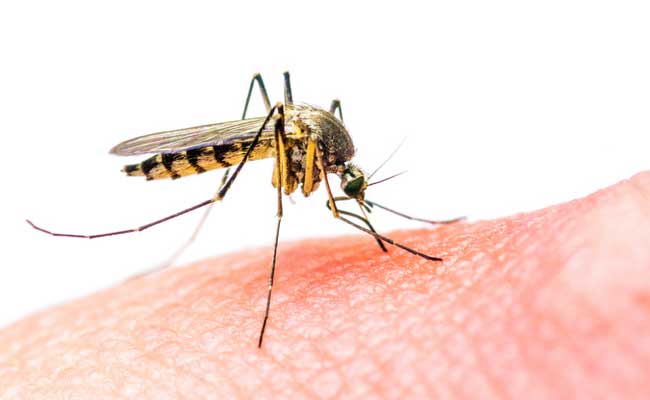World Health Organization (WHO) has confirmed the first three cases of Zika virus in India all of them from the Bapunagar area of Ahmedabad.

The Zika virus, first identified in Uganda in 1947, is transmitted by Aedes mosquitoes, the same type of mosquito that carries dengue fever, yellow fever, and chikungunya virus. A mosquito bites an infected person and then passes those viruses to other people it bites.
The Centers for Disease Control and Prevention has confirmed Zika can spread through sex, usually after a person traveled to an area where Zika has broken out, got the virus, and gave the virus to a sex partner who did not travel. Infected women and men can both pass the virus to sex partners - even if they haven't shown symptoms of infection, the CDC says. In addition, infected pregnant women can pass the virus on to their fetus.
How can it be prevented?
No vaccine exists to prevent Zika virus, and there's no effective antiviral treatment. But here's what you can do to prevent the infection:
- If you plan to travel in affected areas, avoid mosquito bites by using a repellent throughout the day and wear long-sleeved shirts and long pants, indoors and out. The mosquitoes that spread Zika are aggressive daytime biters often found indoors.
- The CDC recommends using Environmental Protection Agency-registered insect repellents with DEET, picaridin, IR3535, oil of lemon eucalyptus (para-menthane-diol) or 2-undecanone.
- Prevent mosquito breeding around homes. Use screens on windows and doors, and get rid of standing water like in buckets and planters as mosquitoes lay eggs near water.
- Non-essential travel to the affected countries should be deferred/cancelled, especially pregnant women.
- Women should avoid becoming pregnant while travelling in, and for 8 weeks after leaving an area with active ZIKV transmission or 8 weeks after last possible ZIKV exposure.
- Travellers who complain of fever within two weeks of return from an affected country should report to the nearest health facility.
- Persons with conditions like diabetes, hypertension, chronic respiratory illness, immunity disorders, etc. should seek advice from their doctors before traveling to an affected country.
DoctorNDTV is the one stop site for all your health needs providing the most credible health information, health news and tips with expert advice on healthy living, diet plans, informative videos etc. You can get the most relevant and accurate info you need about health problems like diabetes, cancer, pregnancy, HIV and AIDS, weight loss and many other lifestyle diseases. We have a panel of over 350 experts who help us develop content by giving their valuable inputs and bringing to us the latest in the world of healthcare.












